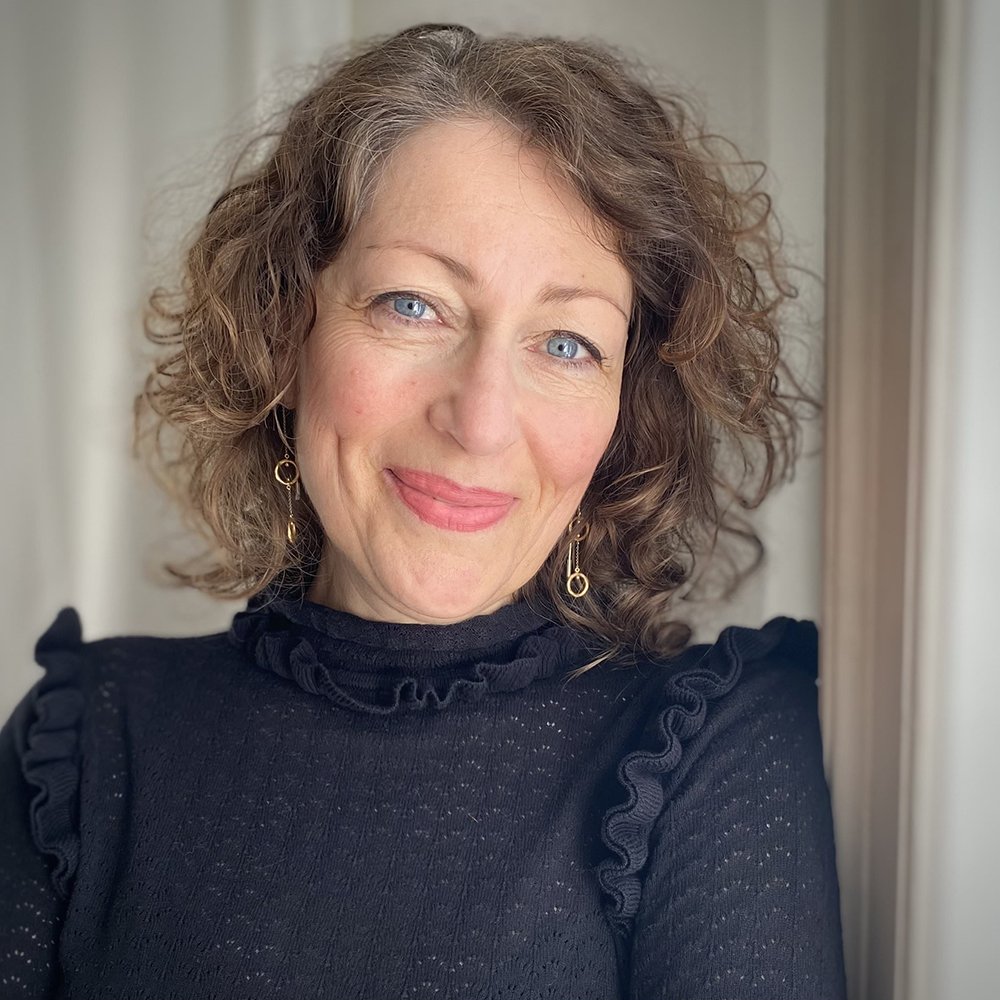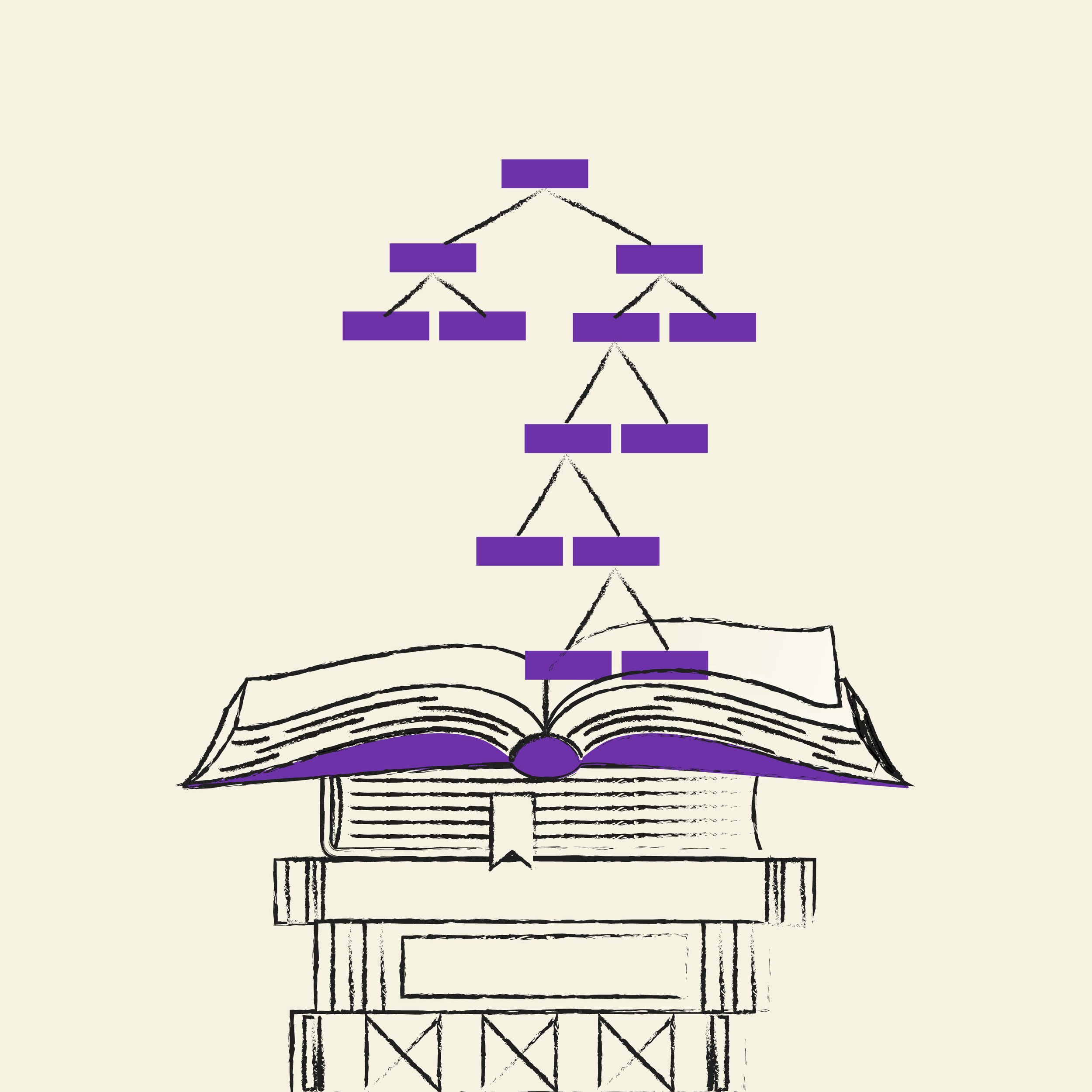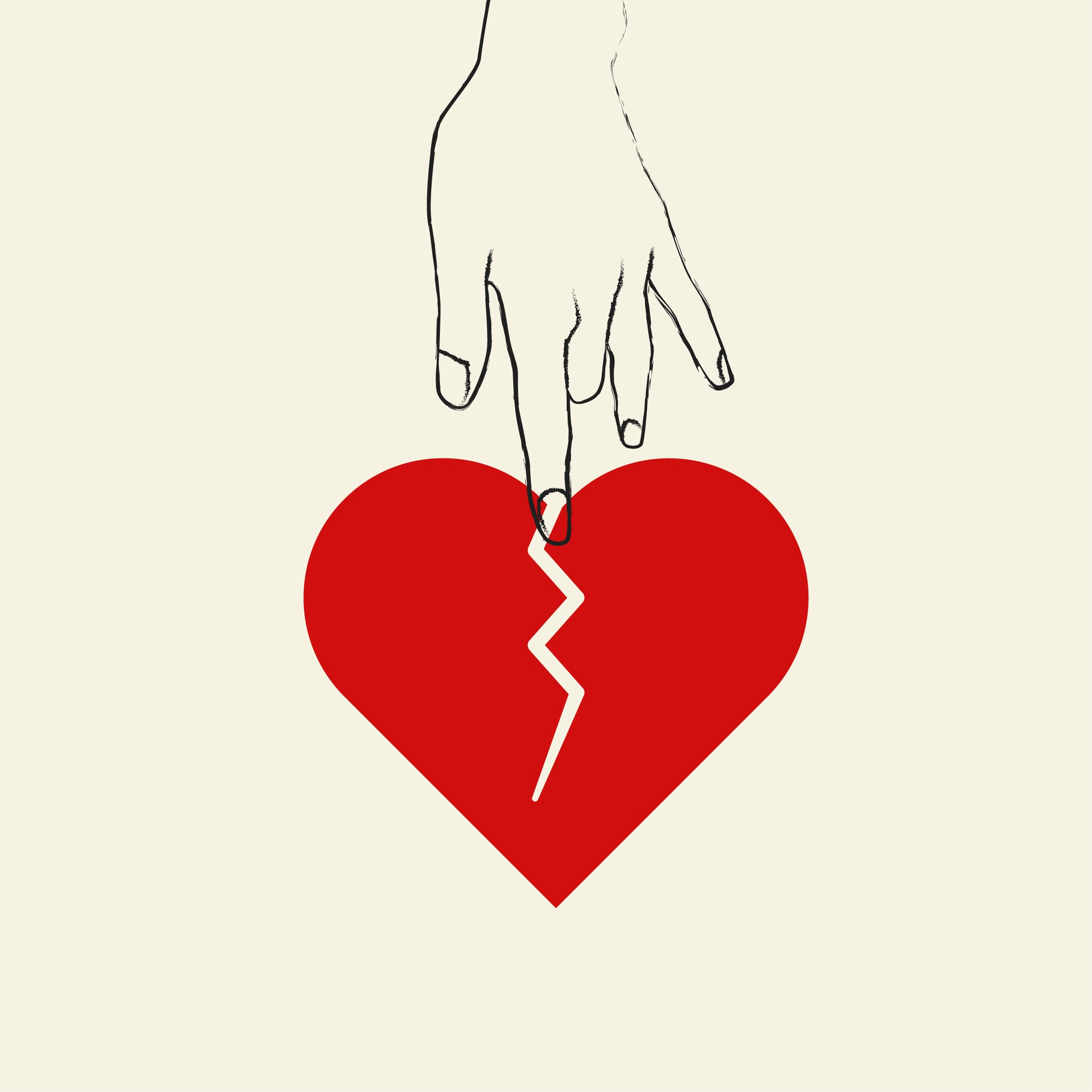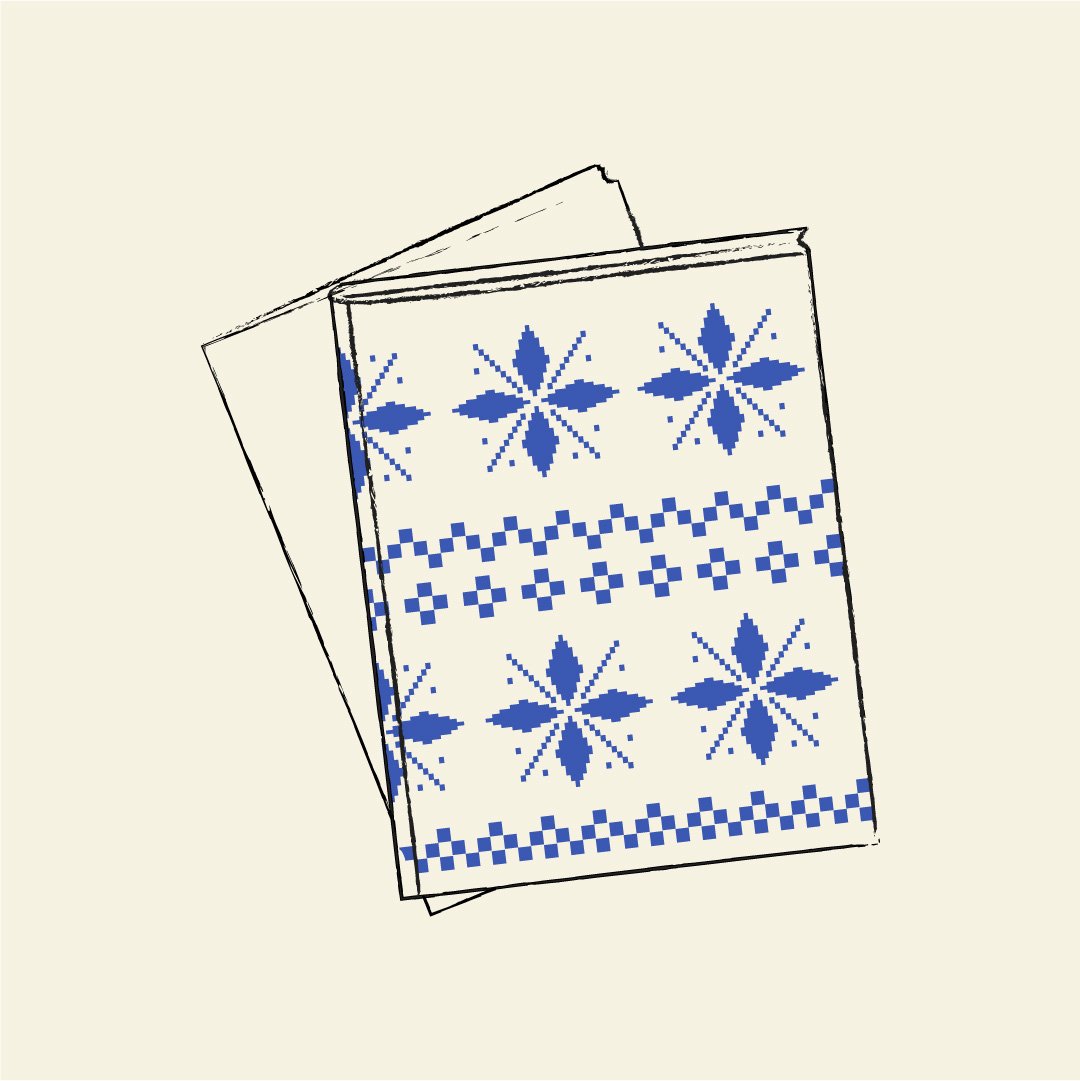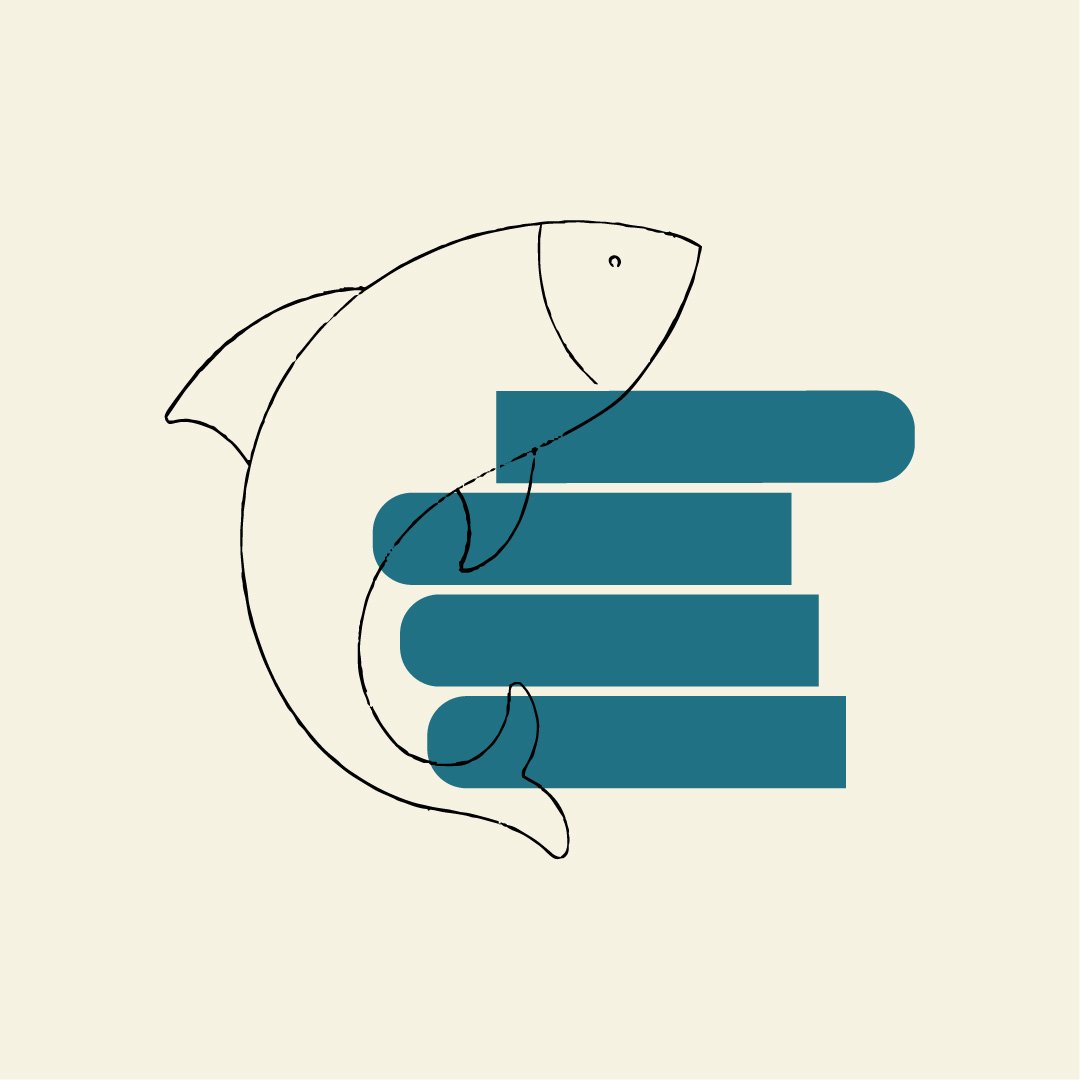“I Did Not Want to Be a Product of His Narrative”
AUGUST 2, 2023
The Reporter’s Notebook is our monthly interview series with Dial contributors. To receive these conversations directly in your inbox, sign up for our newsletter.
✺
Elisabeth Åsbrink is a Swedish author whose essay on the end of her fifteen-year friendship with playwright Lars Norén was featured in our Debt issue.
(Photo by Joakim Jakobsen)
THE DIAL: Why did you decide to write about your relationship with Lars Norén?
ELISABETH ÅSBRINK: That’s a very good question because I had no plans to do that whatsoever. I considered it a private relationship and not something that I planned to capitalize on or anything like that. But, he had this project going on, The Diary of A Playwright, for fifteen years. And I appeared in almost every one of the five volumes. I didn’t read it, but a friend let me know that Norén mentioned the break-up. I saw what was written, and I just really got tired of having my life described in someone else’s words. Word is power, it’s a matter of who has the power to describe reality. And I’m a writer. Why should I let him put important events in my life into words? I have that capability as well. But very few people attempt a counter-narrative of great writers or artists, even if they become “working material.” Fame itself and the romantic conception of what an artist is stops them.
I felt a strong need to just stand up to a piece of art that used me and my life and my words and do the same to him. So there was an element of getting back—not very noble, but the truth. The friendship meant a lot to me. The breakup meant a lot to me. So I also needed to put that into words. But mainly, I did not want to be a product of his narrative. I wanted to tell my story with my words.
THE DIAL: Your piece appeared in our issue on Debt, which is a really fantastic way to look at what you’ve been speaking about, because indebtedness is an inextricable part of relationships. You mention his access to your Jewish history and your access to his literary world. After the relationship ended, did you come to view this idea of debt differently?
EÅ: No, because I think I was aware of it from the very beginning. I also think I was more aware of it than he was. Every relationship is about reciprocation in certain ways. I actually got the question if we were a couple, or—more bluntly than that—had we had sex?
THE DIAL: Wow.
EÅ: Yes, people are strange. But this was never, ever a part of this relationship. There was nothing like that. And because of that, I had to understand what the deeper currents were. What is the currency that we are exchanging? Because it wasn’t about something erotic or sensual. What was I bringing him that made him want to keep up this conversation with me? And what was he bringing me that made me want to come back to someone who was very different from me? Every good relationship is about giving and receiving, but that doesn’t always raise the question of being in debt.
THE DIAL: That’s true. You write about your relationship with Norén with a lot of levity . . . but there’s also quite a lot of grief. It is a painful experience to lose a friend in such a way. How does that sort of grief figure into your understanding of love, of relationships like this one?
EÅ: I’ve written a book that in a way would answer this question, but it’s not translated into English yet. It’s called Abandonment. It’s a book in three parts where I describe my grandmother, in London, and then I describe my mother and myself in Stockholm, in Sweden. Finally, I describe a grown-up woman, very much like myself, walking around in Thessaloniki in Greece, in search of the Spanish-Jewish roots that my grandfather had. So it’s a three part, circular book about abandonment and how I think grief has been inserted in my family history, both on a political level and on a very personal private level. I, unfortunately, was born into a family with a kind of grief and a lot of shame. And as I have written about in 1947 [which follows Asbrink’s father imprisoned in a Nazi concentration camp], for instance, I'm interested in how these kinds of feelings go from generation to generation. It doesn’t have to be a trauma like the Holocaust or when the Spanish expelled all the Jews from Spain. It can be a trauma of any kind, a suicide in the family, an abuse, something that people don’t talk about. The consequences move on from generation to generation. Grief is one of the archaic major building stones of a human soul. This is what makes us human.
THE DIAL: I think that’s a really beautiful answer, to see grief as an inheritance and also as a tool.
EÅ: It’s important to remember that we do inherit things and we carry a lot that we haven’t experienced ourselves. And this, of course, connects us to our ancestors. But it’s also sometimes burdens that we don’t need to carry, that we carry unnecessarily. The book 1947 is a book about how time and values and morals restart after World War II. But it's kind of European in its take. Just before the pandemic broke, I talked about it in South Africa at some literary festivals. At first I was very unsure of how to speak about this kind of Eurocentric book. Where can our understanding meet? But then I started talking about this inheriting pain, inheriting trauma. And suddenly there was complete understanding. Both the black and the white audience understood absolutely everything I was talking about. And that was an amazing experience, us coming from two different worlds of white supremacy.
THE DIAL: You published a biography on Victoria Benedictsson, My Beautiful Big Hatred. Was the process of writing a biography different from your other books?
EÅ: Well, this is a woman who is not very well known, even in Sweden, but she had an extraordinary and very dramatic short life in a time when women didn't have human rights. [Benedictsson was a celebrated Swedish author and an instrumental proponent of Swedish Realism.] She wanted to become free in a totally patriarchal world. It's an extremely interesting time in Scandinavian history because people are obsessed with sexuality. Lots of stuff, like diaries and letters, remained when she committed suicide. She was only 38 at the time. So I could follow her process of becoming—going from being a wife and a mother and a woman, getting a male persona, which made it able for her to cut the ties with motherhood (very provocative!), cut the ties with being a wife, and cut the ties with being a small town woman, and become this male writer, not because she was transgender, but because being a male persona gave her freedom. She could smoke cigarettes, she could talk about books all night, she could go to Paris. And she did all that. It was extremely hard work, but she did it. Also, I learned that I tend to return to the same basic story: A human being in a hostile environment, trying to become herself in a hostile environment. In this case, it was a hostile environment because she was a woman who wanted to become an artist.
✺ Interview conducted by The Dial in conjunction with “Issue 5: Debt”
ELISABETH ÅSBRINK, born in Gothenburg, Sweden in 1965, is the author of 1947: Where Now Begins, winner of the 2017 English PEN Award, and And in the Vienna Woods the Trees Remain, winner of the Ryszard Kapuściński Award 2014 and the Swedish August Prize for best non-fiction 2012.
EVA KERINS is a writer pursuing a career in literary publishing and journalism. She recently completed her B.A. in English at the University of California, Berkeley, with a special emphasis in postcolonial world literature and classical studies. Her work has been recognized in Matchbox Magazine and You Might Need to Hear This Literary Magazine, and she has received the SURF Fellowship Award and recognition in the Dickinson Critical Institute for the Emily Dickinson International Society.

